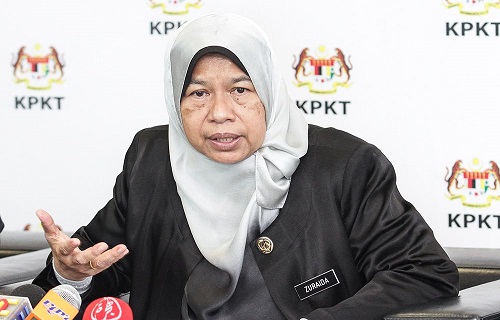IDEAS senior fellow says ‘relaxed’ housing loan policy may not be a move in the right direction

Kuala Lumpur, 5 July 2018 – Earlier this week, Housing and Local Government Minister Zuraida Kamaruddin announced that Bank Negara Malaysia (BNM) is formulating a ‘relaxed’ housing loan scheme. Minister Zuraida Kamaruddin believed that this initiative would benefit the M40 and B40 households by easing up the loan process for them to purchase houses easily. However, the effectiveness this measure has been questioned.
Commenting on the issue, IDEAS Senior Fellow Dr Carmelo Ferlito said “It is good that the ministry and BNM are working together to tackle housing problems due to a higher number of unsold properties in the property market. However, this specific measure of ‘relaxed’ housing loan may not be a move in the right direction.”
“Tackling this problem from the demand side by promoting credit policy is not viable and may worsen the problem. Every sector in the economy will experience business cycles and the property market in Malaysia right now is at the stage of contraction. While the market is contracting, encouraging households to borrow more will not solve the problem in the property market; rather it will prolong the property bubble. The property sector in Malaysia is bloating, and the evidence is clear that there is a mismatch between demand and supply in the market. Implementing a favourable credit policy, risks delaying a property crisis and making it worse when it does arrive. Lack of affordable housing is a serious problem, and the government should consider how to ensure the private sector is best placed to start building cheaper homes.” Explains Dr Carmelo.
“Vernon Smith, a Nobel Laureate economist, proved that whenever a property crisis comes in, a general economic crisis will high likely occur. In such a scenario a higher degree of financial exposure will put a risk the already fragile household debt situation. It is therefore crucial for the government always to be mindful when it comes to a policy decision that involves the property market. Instead of endorsing credit policy, the government should increase Malaysian financial literacy by encouraging Malaysian to rent and to promote the virtue of saving as the real source for sound investment,” concluded Dr Carmelo.

